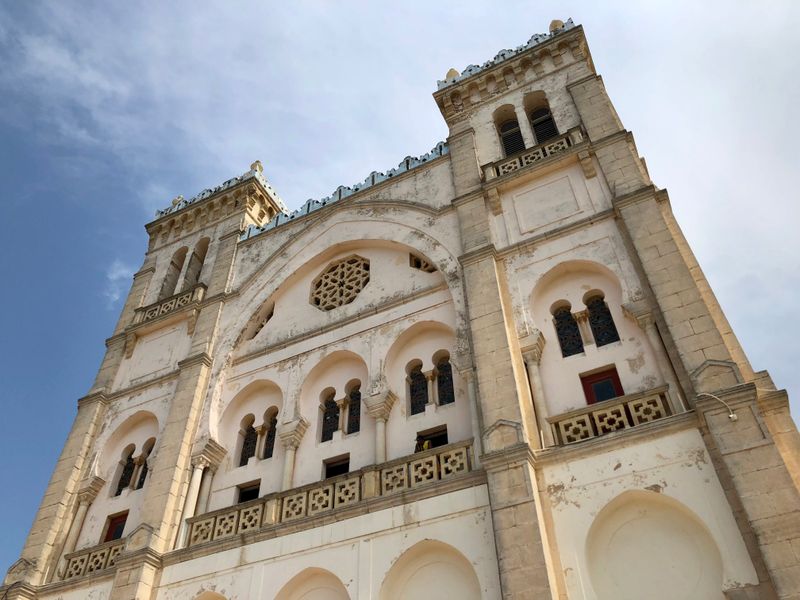The Meloni government‘s recent offer of continued resources for Tunisia‘s coastal patrols during Italian Interior Minister Matteo Piantedosi’s visit to Tunis is a further step down a dark road. By offering help to stop departures without demanding greater respect for human rights, Italy is risking shoring up an increasingly repressive Tunisian leader and encouraging more abuses. Tunisia‘s deep institutional, economic, and social crisis is worsening under President Kais Saied’s authoritarian leadership, with the expansion of executive powers and human rights violations.
The Meloni government‘s approach seems short-sighted and immoral, risking potential illegality, as it turns a blind eye to Tunisia‘s abuses in an attempt to halt departures, rather than putting pressure on international partners to demand actions that re-establish the rule of law, counter all forms of discrimination and violence, and end attacks against freedom of expression and political opponents. Militarising borders is not the answer to irregular departures, and guaranteeing rights and dignity for everyone, including refugees and migrants, is essential.
The international community, including the African Union, the United Nations, the United States, and human rights organisations, has reacted vigorously to Saied’s attacks on the rule of law, repression of dissent, and xenophobic comments, with the European Parliament and some European governments condemning his repressive measures. However, Italy risks exposure to exploitation by the tunisian government by offering financial support underlining a lack of concern for human rights.
Italy’s previous strategy in Libya, ignoring the UN report highlighting Italy’s joint responsibility for crimes against humanity committed there, adds to Italy’s ethical dilemma. Ongoing violations of refugees’ and migrants’ rights – in a country without an asylum law, but with a law criminalising homosexuality – may even cause departures to increase.
In conclusion, Italy’s diplomatic influence should be used not for aid and support but to ensure the Tunisian government‘s sustained improvement in promoting human rights. Italy must be aware of the potential consequences of continuing to support a repressive government and should act within international legislation in such situations.

<< photo by Maksym Harbar >>
You might want to read !
- UAE’s Human Rights Record Should Be Addressed at Bonn Climate Talks
- Rwanda’s Backing of M23 Rebels Leads to Killings and Rapes in DR Congo
- Why Poverty Targeting Algorithms in Jordan are Raising Concerns Over Human Rights
- Uncovering the Past: China’s Protest Movement.
- Hong Kong’s detention of Uyghur student demands transparency
- Vietnam’s Crackdown on Dissent Continues With “Propaganda” Charge Against Activist.
- The Grim Human Toll of Apartheid: Exploring the Extensive Destruction and Civilian Deaths in the Latest Gaza Offensive.
- Improving the UN’s Monitoring and Evaluation of Bangladesh Peacekeeping Forces
- Protecting the Youngest Farmworkers in America.
- “Acquittal of human rights defenders marks a step towards justice in Turkey”
- Egypt’s Arbitrary Travel Ban on Researcher Ahmed Samir Santawy Must Be Revoked
- The Power of Youth: How Creative Solutions are Transforming Attitudes towards Climate Change
- Saudi Arabia’s Pro Golf Merger Is An Attempt to “Sportswash” Human Rights Abuses
- “Why Nigeria’s Airstrike Victims are Still Waiting for Justice”